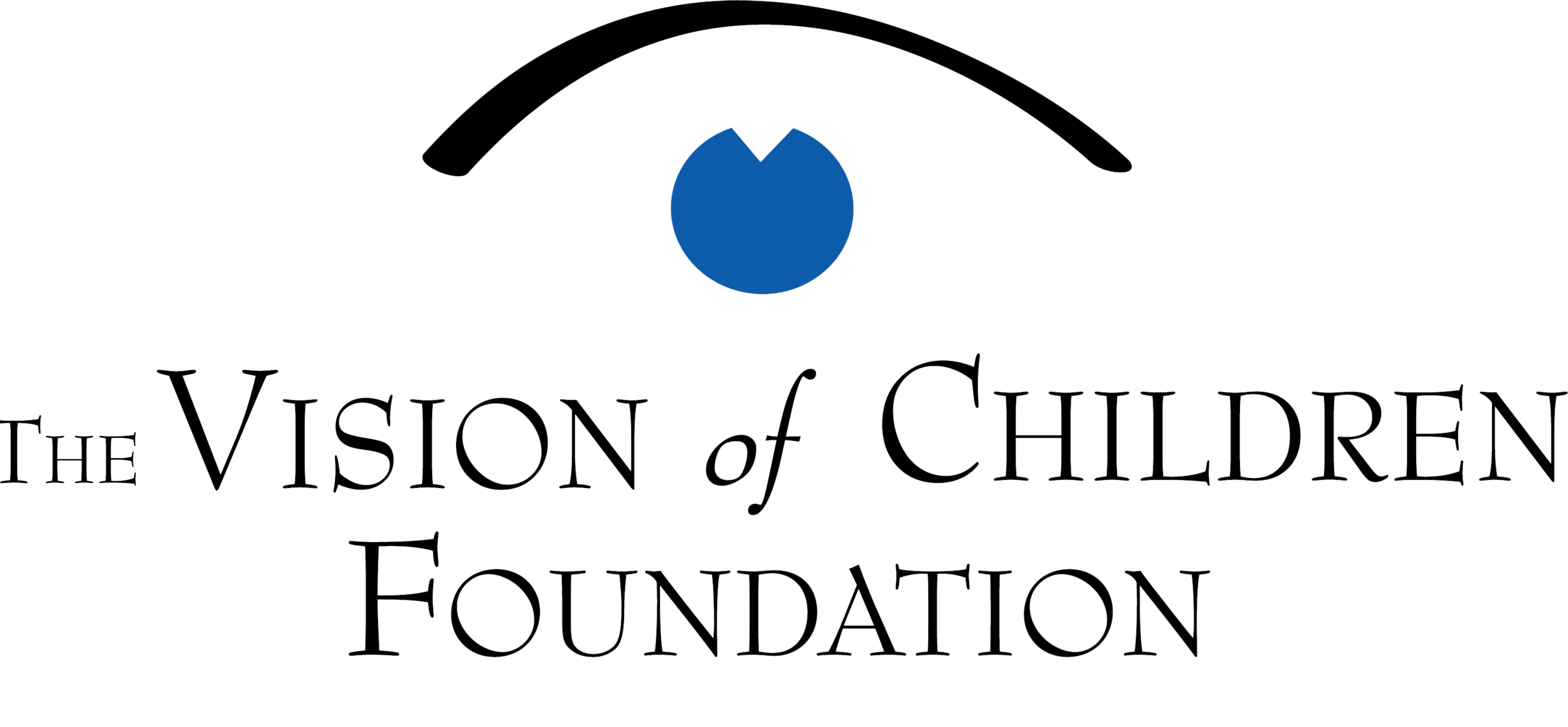Vision Heroes, Joel Gomez
Gifted singer and top-ranked athlete
Watch this video to learn more about 12-year-old Joel Gomez, the latest addition to our remarkable team of Vision Heroes who have pursued their talents and dreams despite their vision challenges. Their perseverance serves as inspiration to all.
Joel has been a musician since he first picked up a violin at age 5. Since then, he’s added the piano, ukulele, guitar and vocals to his repertoire. He has also won several track competitions in his age group, and recently broke his own record, running the mile in 5 minutes 9 seconds. Below, in his own words, he describes how his genetic vision disorder (Blue Cone Monochromacy) affects his life and how he has overcome his challenges.
Everybody Gets Knocked Down....
The Strong Get Back Up
When I was three years old, I was diagnosed with a genetic eye disease called Blue Cone Monochromacy (BCM). This means that I can’t see across a room and that I am color blind. This also limits things that I can do, meaning that I can’t see whether it is the right time to cross the street or not, and that I have to look through binoculars to see certain things that to most people might look perfectly clear. I am photosensitive, meaning that I have to severely squint when it is daytime and I am outside. Even though BCM does not have a cure, it is not degenerative. My vision has contributed to many struggles that I have experienced.
I wear magenta-tinted glasses to help with contrast and astigmatism. They don’t correct my visual acuity, which is 20/200 with glasses, which means that I am legally blind. Because they don’t help my acuity, I don’t wear them sometimes. When some people see me struggling to see something without my glasses, they don’t understand and would tell me, “You need glasses!” When I mistake colors and have to tell people I am color blind, sometimes kids will ask what they would think is a funny joke, testing me, “What colors am I wearing?” or “What color is this?” These comments and questions are some of the worst things about having a visual impairment, because being asked these questions repeatedly can get quite tiresome. However, I have learned to be patient and just answer their questions or make a joke back and tell them a funny color. I also think dealing with these questions has helped me learn to be more understanding about other people’s problems when I hear about them.
When I meet someone new, I have to explain how I need help seeing things. Some of my past teachers and vision staff that are hired to help me by my school district have been some of the people in my life that just didn’t really know what to do to help me. When I would tell them about my visual impairment, some would listen, but they would sometimes just move me to the front of the class. I would then try to explain to them that I could still not see the board even from the front of the class. They would then tell me, “Try your best.” Although this challenge in school has been one of the hardest that I have faced, I always strive for excellence in all of my classes, and I am really proud of my grades.
I use a device called a CCTV at school. This is a high-definition camera that connects to a touch-screen laptop that can view and zoom onto an image and project it onto the laptop screen so that I can see what all the other kids are seeing in the class. This device has helped me immensely. I also have a district-provided iPad, so that when we read a novel in class, I can download and enlarge the certain book on an app called Read2go. Now that I am in middle school, a new challenge that I face is that I have to carry all of my devices from class to class and set them up before each class starts.
After being through elementary school, I still can find it challenging to make friends in school. I love to talk, however, and would be glad to be friends with anyone. However, if a friend waved to me from across the quad, I would not be able to see them. I would feel bad if this resulted in hurting their feelings or making them feel like I am stuck up. Because of this, I would have to explain my visual disorder to them. Explaining the same thing over and over again can get quite repetitive and can also make me less likely to try. For me, it can take a lot of courage to make new friends.
My vision challenges have also helped me have a positive perspective on life because I have gained confidence by overcoming many obstacles, and each setback that was meant to knock me down would push me up.
I have been a nationally ranked runner for two consecutive years. I found this sport to be a great fit for me because I can see the contrast between the lanes of the track as I run. Track has also put me into a position where teamwork is necessary in workouts, and I have formed a group of great friends that I will have for a lifetime. All of my track friends are always encouraging me to break my personal records at races. They don’t question or tease me about my vision. My running coach has always been supporting me on and off of the track and has encouraged me to go further than I ever thought that I could. Track is a sport that allows me to show the best of me, and, as Jackie Robinson would say, “Above anything else, I hate to lose.” After all, everyone gets knocked down, the strong get back up.
- By Joel Gomez

